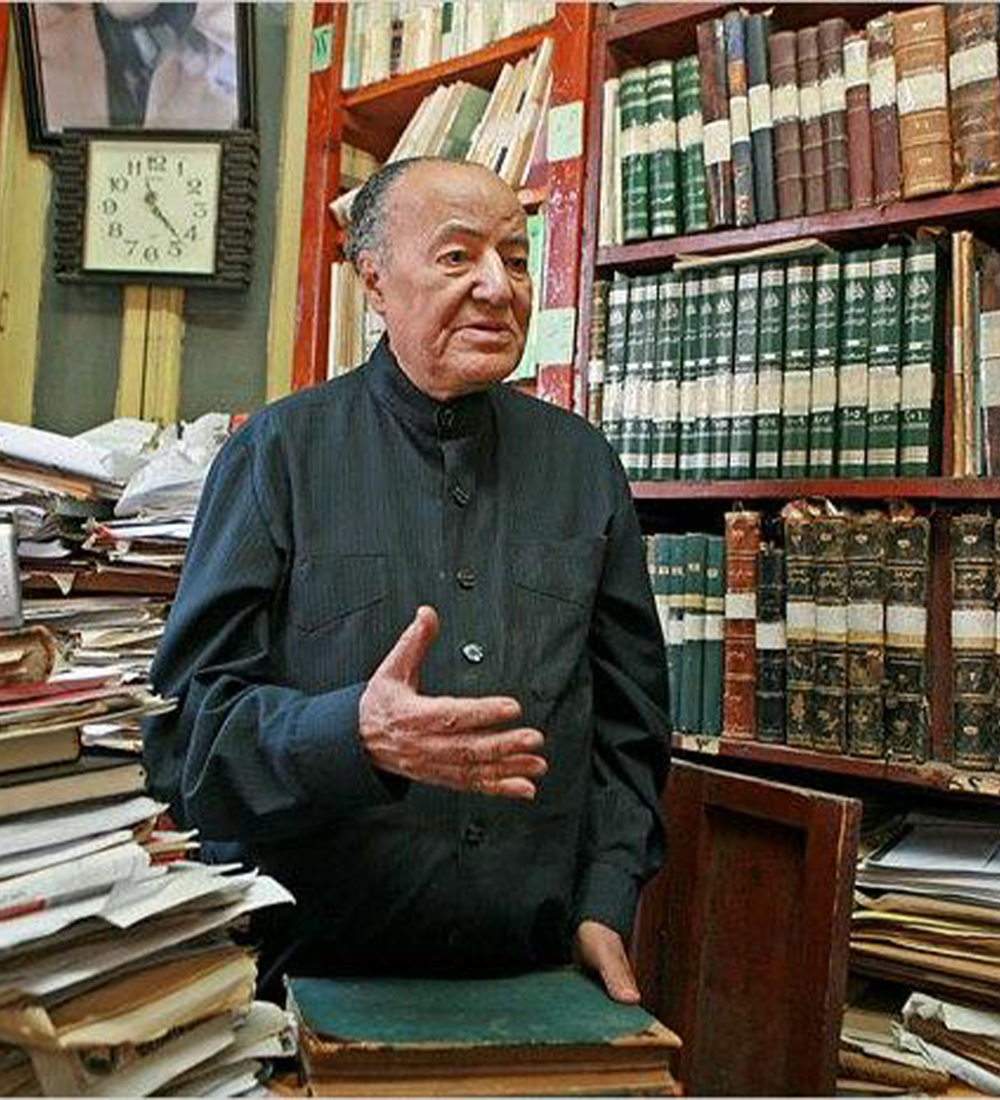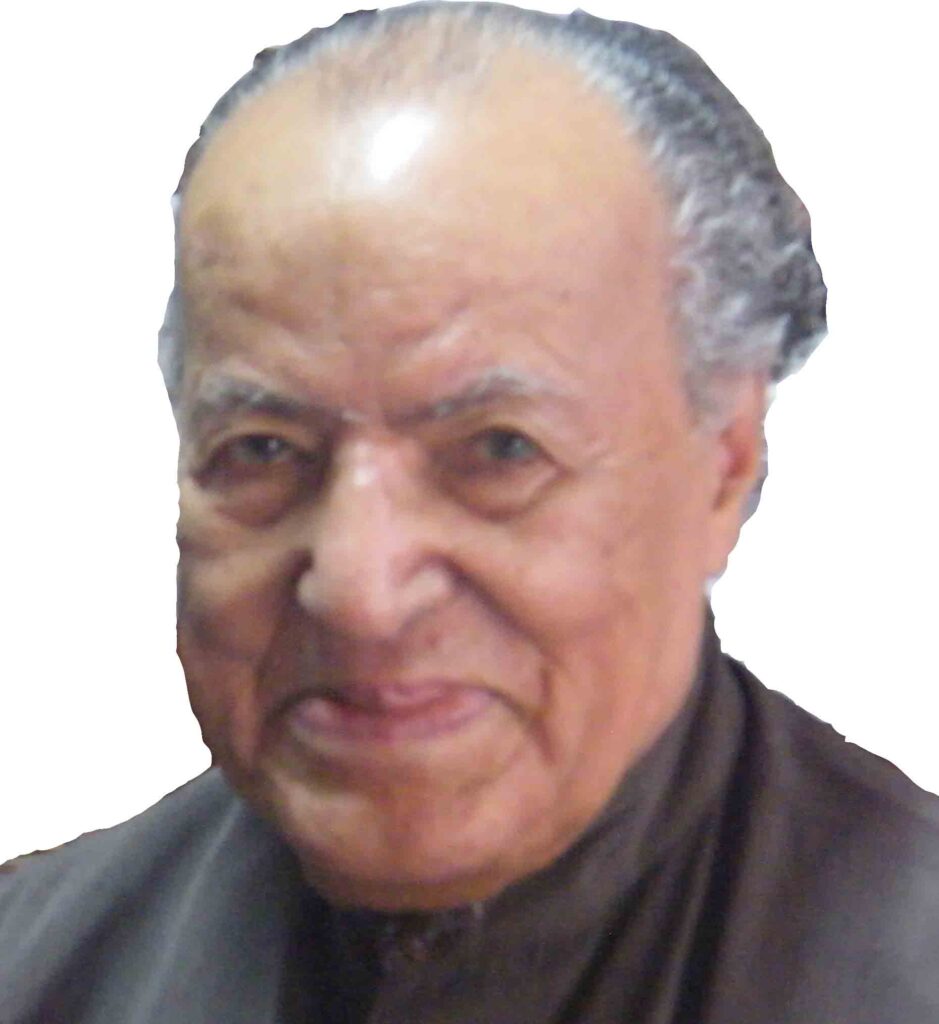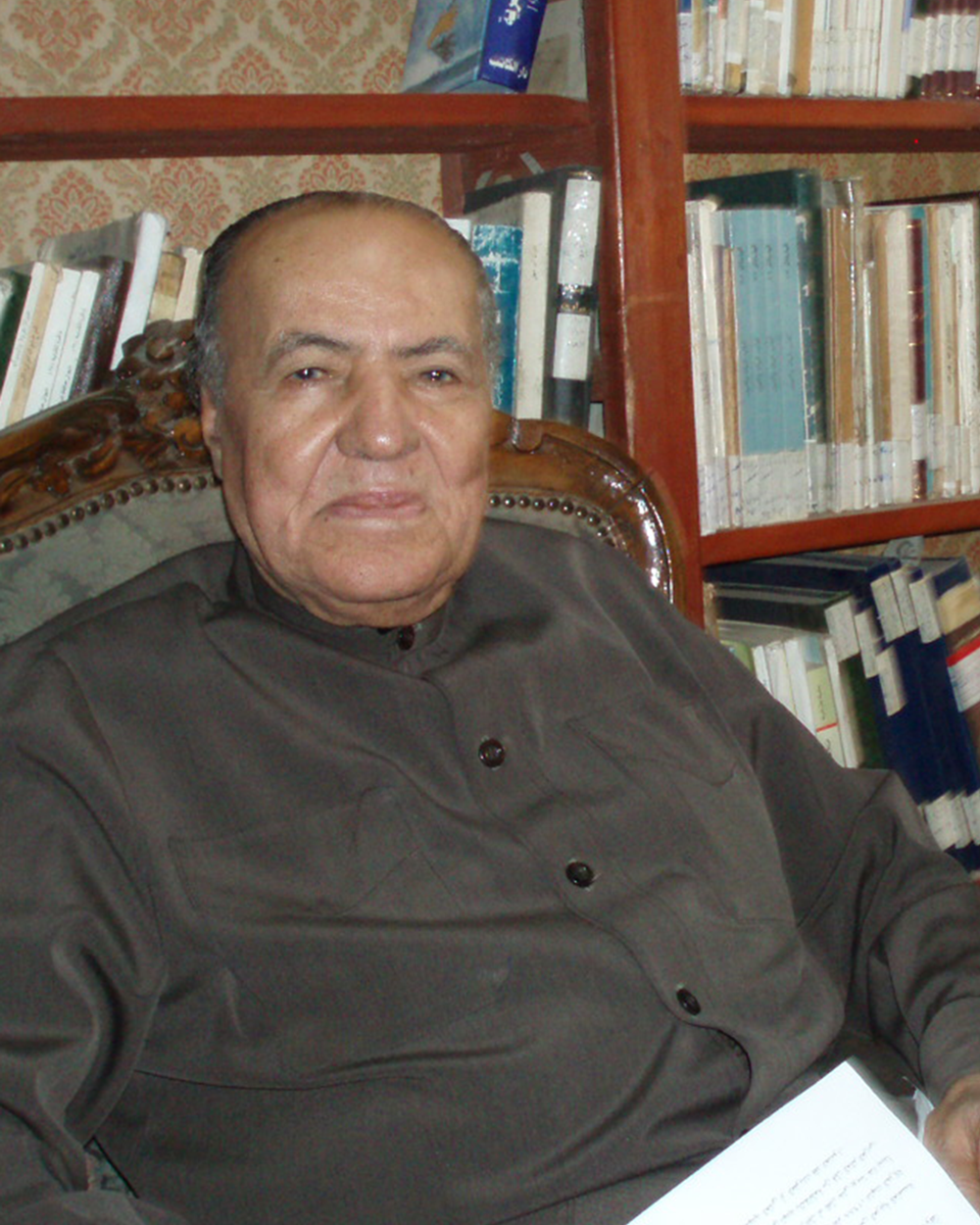Gamal al-Banna
Born on December 15, 1920, in Mahmoudiyah, Jamal Al-Banna passed away on January 30, 2013, in Cairo. He was an Egyptian thinker and the younger brother of Hassan Al-Banna, the founder of the Muslim Brotherhood, although he disagreed with the group’s ideology.
His first book, titled “Three Obstacles on the Path to Glory,” was published in 1945. The following year, in 1946, he released his second book, “New Democracy.” His publications continued to be issued until they exceeded 150 books and translations. He worked as a lecturer at the Workers’ University and specialized institutes from 1963 until 1993. Additionally, he served as an expert for the Arab Labor Organization.
Gamal al-Banna held several jurisprudential opinions that some scholars consider contradictory to what they perceive as “consensus in the Quran and Sunnah.”


Dedication

“Why…? How…? Until when…?”
We say to you: Do not despair. We have drawn the path, begun the journey, and invite you to participate.
Call for Islamic Revival
The Call for Islamic Revival is not an institution, organization, or association with administrative structure, regulations, and bylaws, as is the case with institutions, parties, and associations. It is simply a call, a movement, or an ideological current that has reached a crystallized and conceptualized stage that gives it a distinct identity, free from superficiality, fabrication, selectivity, or conformity.
It represents the culmination rather than the beginning of thought. It is the ultimate goal, not the starting point of the journey. It is the result of a multidimensional encyclopedic culture rather than the outcome of technical specialization or academic study in a specific branch of Islamic knowledge, or even all of them combined. Its seed dates back fifty years ago when its proponents, particularly Professor Jamal Al-Banna in his book “New Democracy” (1946), introduced a chapter entitled “A New Understanding of Religion,” which encapsulated its central idea: “Do not believe in faith, but believe in humanity,” which evolved into its final formulation: “Islam intended humanity, but the jurists intended Islam.”
The main idea behind this call is to restore Islam to what it was when it descended fourteen centuries ago, a revolution to liberate people and lead them from darkness into light, a will to change a society that worshipped what their ancestors worshipped, to propagate noble values, and to honor humanity.
This idea has been the focus of Professor Jamal Al-Banna’s work for fifty years, and his numerous writings have emerged from it. However, he did not allow himself to declare the Call for Islamic Revival until the third part of “Towards a New Jurisprudence” was published. At the age of eighty, he found it his duty to crystallize the thought published in thirty books, coordinate them, and organize them into a single call, handing it over to a new generation so that it does not die with its founder.
Since the Call for Islamic Revival is an intellectual and theoretical current in understanding Islam, it becomes the property of all who believe in it. Ideas are not subject to monopolization, and as soon as they are disseminated by their original proponent, they become the property of everyone. While we have endeavored to achieve perfection to the best of our ability, this does not prevent the emergence of those who contribute to enriching or refining this call.




